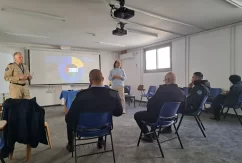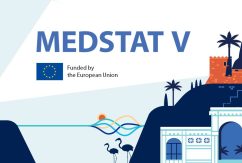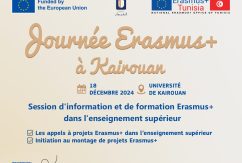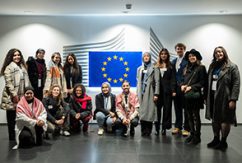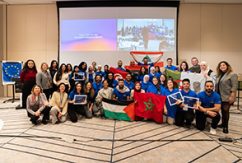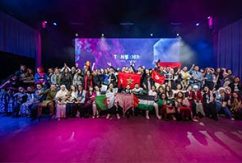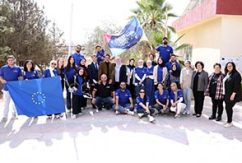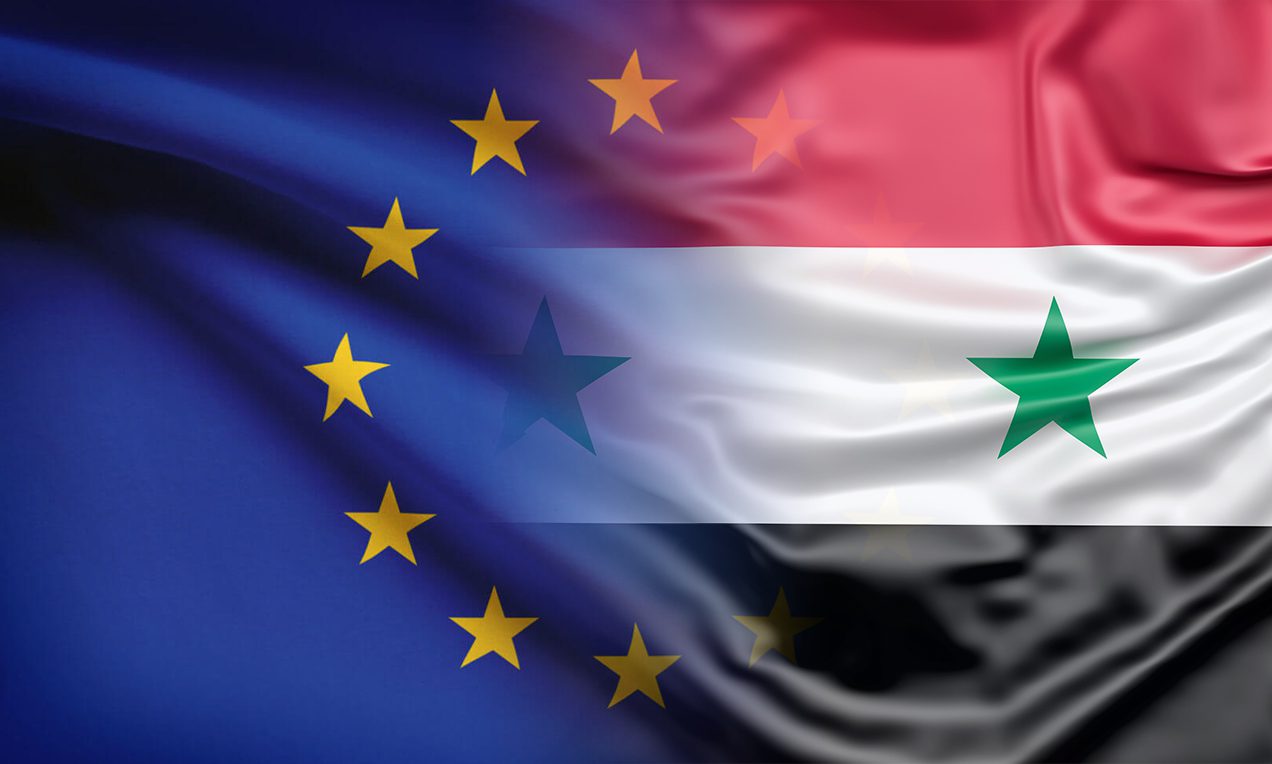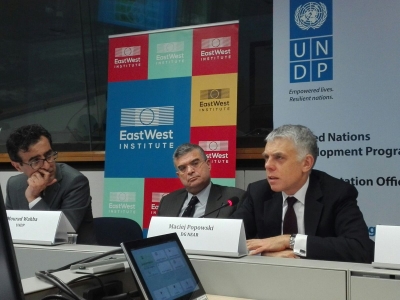EU Agency for Railways organises the final conference of the EUMedRail project

The event gathered 16 high-level officials and experts from Algeria, Egypt, Israel, Jordan, Lebanon, Morocco, Palestine1 as well as representatives from the European Committee of the Regions (CoR), the EU Agency for Railways (ERA), the European Commission, the Union for the Mediterranean (UfM) and the Intergovernmental Organisation for International Carriage by Rail, OTIF.
On 15 November, the EUMedRail team presented the achievements and results of the technical assistance provided in 2022 and reflected on the challenges facing this regional cooperation project. The Union for the Mediterranean introduced the Regional Transport Action Plan for 2021-2027 focused on the rail actions and reminded that the draft needs to be endorsed by the next UfM Ministerial on Transport.The session was complemented by the presentation on TAIEX and Twinning. On TAIEX, the EC representative highlighted that this instrument could take the form of workshops, expert missions and study visits and shared examples of activities organised in the field of railways.
On 16 November, the EU Agency for Railways (ERA) organised a study visit of Infrabel Academy, the vocational centre of the Belgian rail infrastructure manager. The purpose of the meeting was to identify existing best practice in designing and managing vocational centres, discuss how to train staff to understand and manage major risks when performing safety related tasks related to traffic management, signalling, maintenance, and eventually visit the campus facilities.
The event concluded on the need to invest in most up-to-date equipment to keep up with scientific and technical developments, and not overlook the development of soft skills, such as leadership. Together with other core soft skills such as teamwork, communication and critical analysis, leadership in safety is an integral requisite for staff development and how to improve. ERA2, Infrabel and IFF3 share a mutual understanding of its importance, and this is the reason they have all integrate a specific training module on leadership in their respective curricula.

